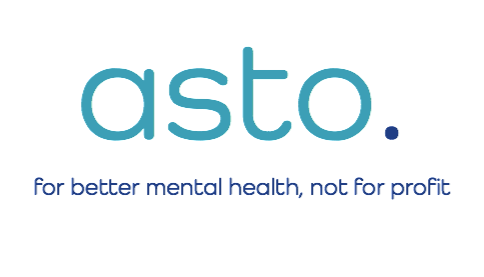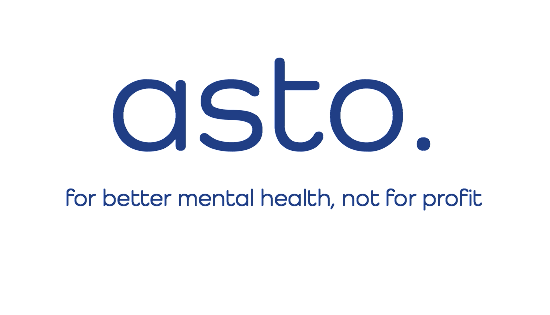The Case for Group Therapy for OCD Busting the Myths
Do you or someone you know have obsessive-compulsive disorder (OCD), which has been debilitating and not gone away despite several efforts? If so, please read this brief article as we might be able to help. OCD is one of the most common (1 in 50 of us), long-standing, and life-interfering mental health problems. The symptoms of OCD tend to vary from person to person. These can include persistent intrusive, unwanted, and difficult to control thoughts, images, or urges relating to harm/danger, contamination, sex, religion, need for symmetry, and acts that are repeated physically or mentally including cleaning/washing, checking, counting, ordering, and many other repetitive behaviours. OCD is often very challenging to manage not only for individuals who experience this problem, but also for healthcare professionals, families and carers trying to help those with OCD. Unfortunately, the idea that time is a good healer does not work much for OCD because in the absence of effective treatment, OCD can persist for many years causing disability and poor quality of life.
So, what psychological treatments work for OCD? Most studies looking at what therapies are best for overcoming OCD have concluded that a specific type of cognitive-behaviour therapy (CBT) is the most effective therapy for this problem. Importantly, scientific studies have also shown that CBT for OCD is equally effective whether it is accessed on a one-to-one basis or in a group. Despite this, some individuals initially hesitate to take part in group CBT for OCD because of some of their perceived concerns. Some typical questions include: “Would I have to talk to others in the group at great lengths about my problems? Because of my OCD, would I not need an individual therapist to spend a lot of time with me to unravel my issues? Would I catch other people’s OCD?” The answer to all of these common questions is no.
Group CBT for OCD does not work by just simply talking extensively with others but instead by doing “homework assignments” that enable individuals to change their unhelpful thinking and coping behaviours. That is why the severity or duration of OCD is not as important as how much people put into their treatment. Group CBT for OCD focuses on the here-and-now, on how to understand a common pattern of thinking and behaving that keeps OCD going and learn to overcome it, rather than focusing on the there-and-then, or past experiences, which can often make OCD worse and create a sense of hopelessness or helplessness. OCD is an anxiety disorder and not an infectious disease so being with others who have OCD does not make people “catch it”. Group CBT for OCD is like attending a “how to” class or course with other people who share the same goals. The ultimate objective of group CBT for OCD is to gradually help people become their own therapist but also ensure that the symptoms do not return.
Asto Clinics is a UK charity that was established by Steve Turnock who used to have long-standing OCD but managed to overcome it after attending a specific course of group CBT. The charity is dedicated to providing effective virtual group CBT for individuals with OCD. If you or someone you know is experiencing OCD, please make contact using one of the methods on our contact us page. We are here to help.

